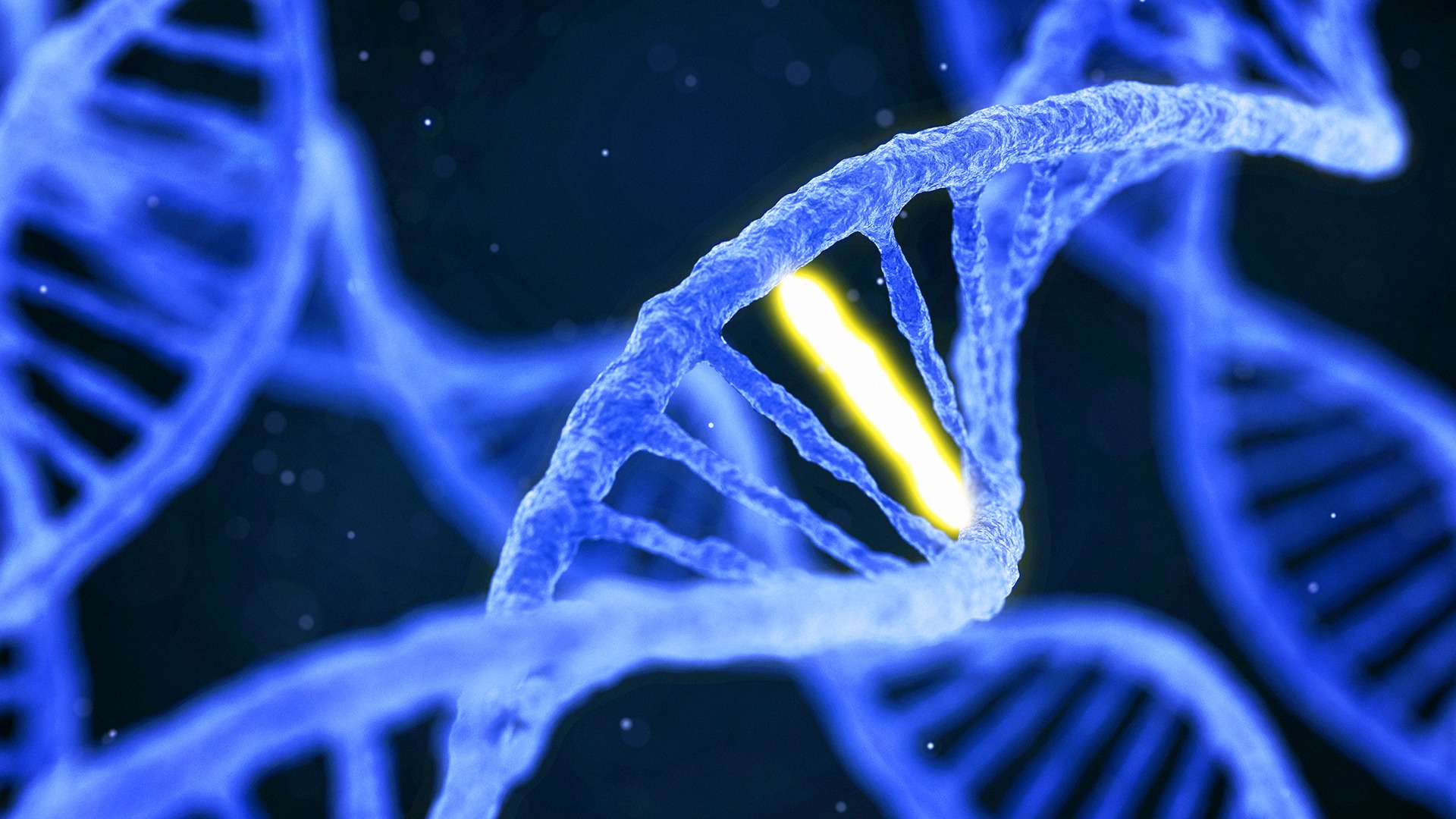Common genetic variants more important in hereditary noncommunicable diseases
Rare mutations play a bigger role regarding phenotypic effects on the proteome than common variants, but the genetic contribution to common diseases is mostly a result of many common genetic variants with small individual effects, according to a recent study led by SciLifeLab researcher Åsa Johansson (Uppsala University).
Previously, only a selection of genetic variants that are informative in any given human population have been available for genetic analysis via high-throughput technologies. Because of this, the identified genetic variants in earlier studies have not been able to explain a significant part of the heritability of noncommunicable diseases – a disease that is not transmissible directly from one person to another.
Such diseases include cardiovascular diseases, cancers and inflammatory diseases. One’s vulnerability to noncommunicable diseases is determined both by genetic as well as lifestyle and environmental factors. Although researchers in the field of genetic epidemiology have been able to successfully identify such genes which impacts heritability in the past 15 years – the relationship between lifestyle, environmental and genetic factors have been at large unknown.
Until now.
Increasingly, researchers are utilizing innovative DNA sequencing technologies in order to study individual positions of the human genome. Now we know that a clear preponderance of genetic variants are incredibly rare or exclusive to certain populations. In other words, older studies may have overlooked many of the genetic effects that cause diseases.
In a recent SciLifeLab study, led by Åsa Johansson (SciLifeLab/UU) and published in Nature Communications, researchers from Uppsala University tried a new tack using next generation high-throughput sequencing. They successfully managed to link protein-mediated functional consequences to genetic variations in a cohort of 1000 Swedish individuals.
“Proteins, the products of our genes, mediate the effects of our genes on disease risk. Therefore, characterizing the link between variation at genetic and protein level is of great importance to understanding how genetic variation causes diseases,” says lead scientist Åsa Johansson, in a press release from Uppsala University.
Challenges conventional hypotheses in the field
After studying more than 400 proteins, the researchers could confirm what their theoretical models had already predicted – that unusual genetic variations are able to influence the expression of many proteins. According to their observations, compared to common variants, rare mutations frequently had larger phenotypic effects on the proteome.
Despite this, and because these rare mutations are not common, these variants do not explain much of the heritability of noncommunicable diseases.
“Surprisingly, even using statistical models developed to capture the effects of rare variants, very few associations were identified, in contrast to the associations for common variants,” says Marcin Kierczak, Docent at the Department of Cell and Molecular Biology at Uppsala University and bioinformatics expert at the SciLifeLab National Bioinformatics Infrastructure (NBIS), Sweden, who implemented the bioinformatics pipeline used in the analyses.
“This suggests that the major component of the heritability of the proteome as well as downstream disease are due to a much larger degree to common variation than to rare variants. However, the heritability is a measure of the total burden of genetic contributions to a disease in the population, and the effect of rare variants at individual level could still be high”, according to the press release.
“Even if our results showed that in the general population the major burden of common diseases is due to common variants, there are still individuals with rare variants that dramatically influence their risk of disease,” says Åsa Johansson.
“It is therefore important to highlight the usefulness of high-throughput sequencing technologies to increase our ability to identify those individuals who have a pronounced genetic risk of diseases and could be suitable for precision medicine interventions,” says Valeria Lo Faro, Research Assistant at the Department of Immunology, Genetics and Pathology at Uppsala University and SciLifeLab.





